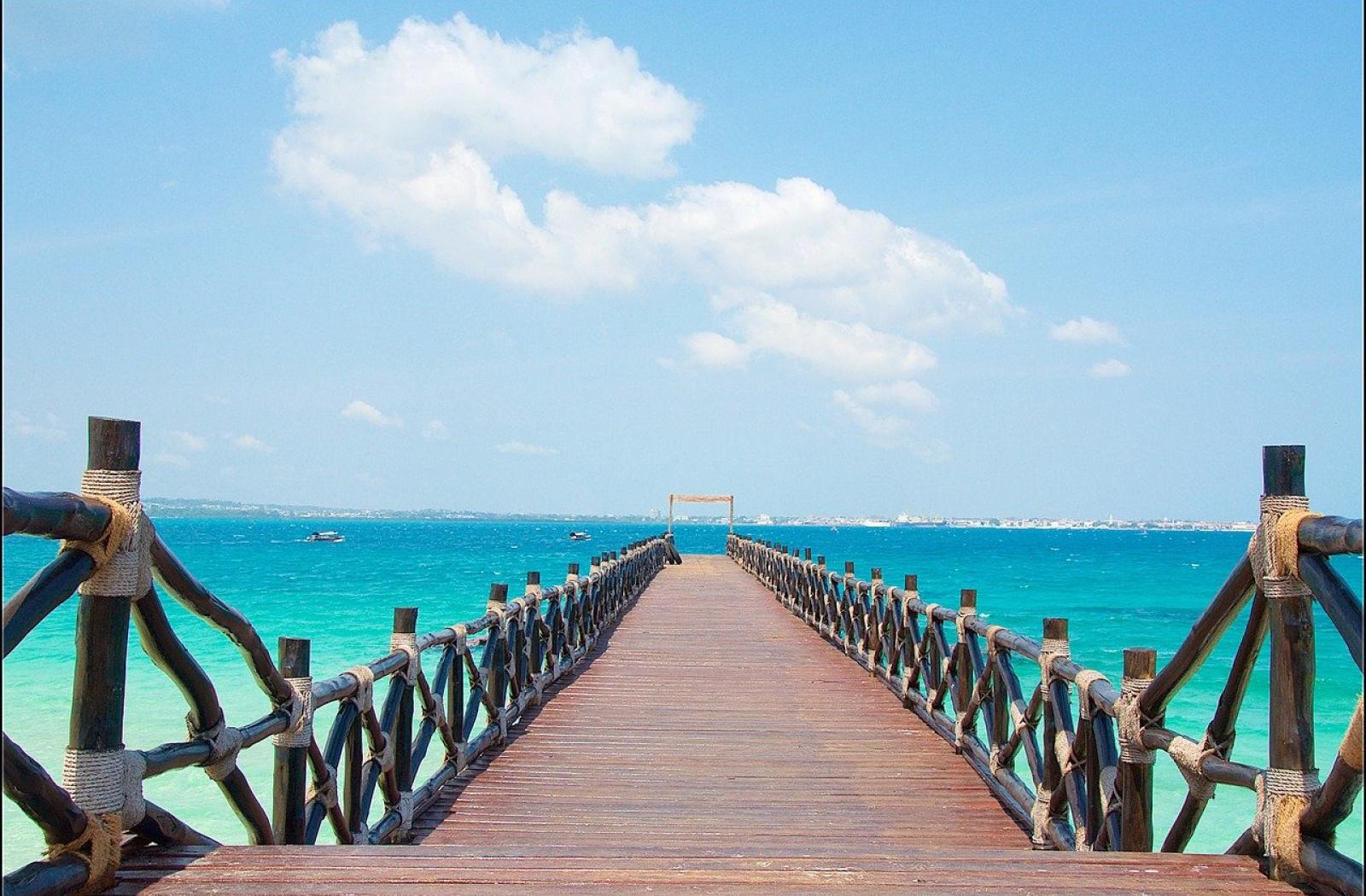The upcoming Commonwealth Tourism Seminar on Wednesday, 30 June 2021, takes a look at the future of tourism and draws on new Commonwealth research -Tourism and COVID-19: Mapping a Way Forward for the Commonwealth Small States.

By Devyn Holliday
Sixteen months into the pandemic and the travel of the past seems to be a distant memory. Long gone are the days of spur of the moment travel. Ever-changing waves of the pandemic, emerging variants, and vacillating “travel bubbles” are now the new normal. All hope is on the pace of vaccine rollouts but the inequity in access to vaccines observed across the globe means that the future of tourism, and more importantly, the future of entire nations, particularly small states and small island developing states, continues to hang in the balance.
The upcoming Commonwealth Tourism Seminar on Wednesday, 30 June 2021, takes a look at the future of tourism and draws on new Commonwealth research - Tourism and COVID-19: Mapping a Way Forward for the Commonwealth Small States. At the Seminar, countries will also be invited to discuss a proposal for a Tourism Action Plan, which put forward recommendations on how Commonwealth countries could move forward collectively and what policies they could implement at various levels to resuscitate the tourism sector.
Since flights halted last March, the economic, social and environmental impacts on tourism destinations have been drastic. Commonwealth Small States have been particularly adversely impacted due to their overrepresentation as top tourism destinations. For many of these countries, tourism contributes up to 30 per cent to GDP, employs close to one-third of their populations, and makes up to 40 per cent of the government’s total revenue (World Development Indicators, 2020). Additionally, in many small states, employment in tourism, both direct and indirect, accounts for 10–66 per cent of total employment (WTTC, 2020; ILO, 2020), with women comprising up to 54 per cent of those employed globally in the sector (UNWTO, 2019).
Environmentally, decreased tourism livelihoods have had grave implications for conservation efforts and the sustainability of the blue and green economy. This holds true for African small states, many of which have tourism driven by natural and wildlife attractions, where wildlife tourism employs up to 9.3 million people (ETN, 2020; Sebunya, 2020). For example, due to Covid-19, many wildlife parks are facing prolonged closures leading to losses of incomes for those employed there, consequently leading to fewer budgetary resources to be dedicated to conservation and protection of the environment and the wildlife both on land and sea. This potential loss of biodiversity and natural beauty poses a long-term threat to small states, as should the natural environment further deteriorate, their ability to attract new and returning tourists will diminish.
Socially, this crisis has plunged many already vulnerable populations who work in the tourism industry into further poverty. The subset of the population perhaps hardest hit by this sudden shock to international tourism is made up of women comprising more than 50 per cent of the workforce in accommodation and food services in SIDS[1] (UNWTO, 2020). Many of these women work in micro, small and medium-sized enterprises (MSMEs). Comparatively, a total of 178 million young workers, more than four in ten young people globally, are working in hard-hit industries like tourism and food services (ILO, 2020). Their status as youth makes their situation particularly tenuous as they are more likely to fall into poverty as a result of this crisis.
Tune in on Wednesday the 30th of June 2021 from 11:00-13:30 (BST) to learn more about resilience-building policies and actions in the tourism industry across small states.
[1] 21 SIDS across the Pacific, the Caribbean, and Indian Oceans.
